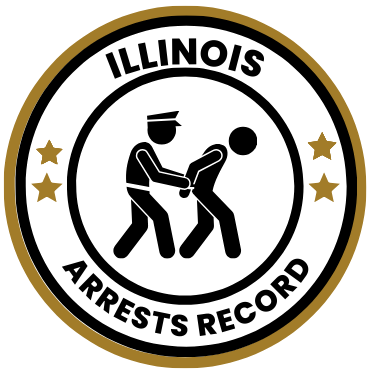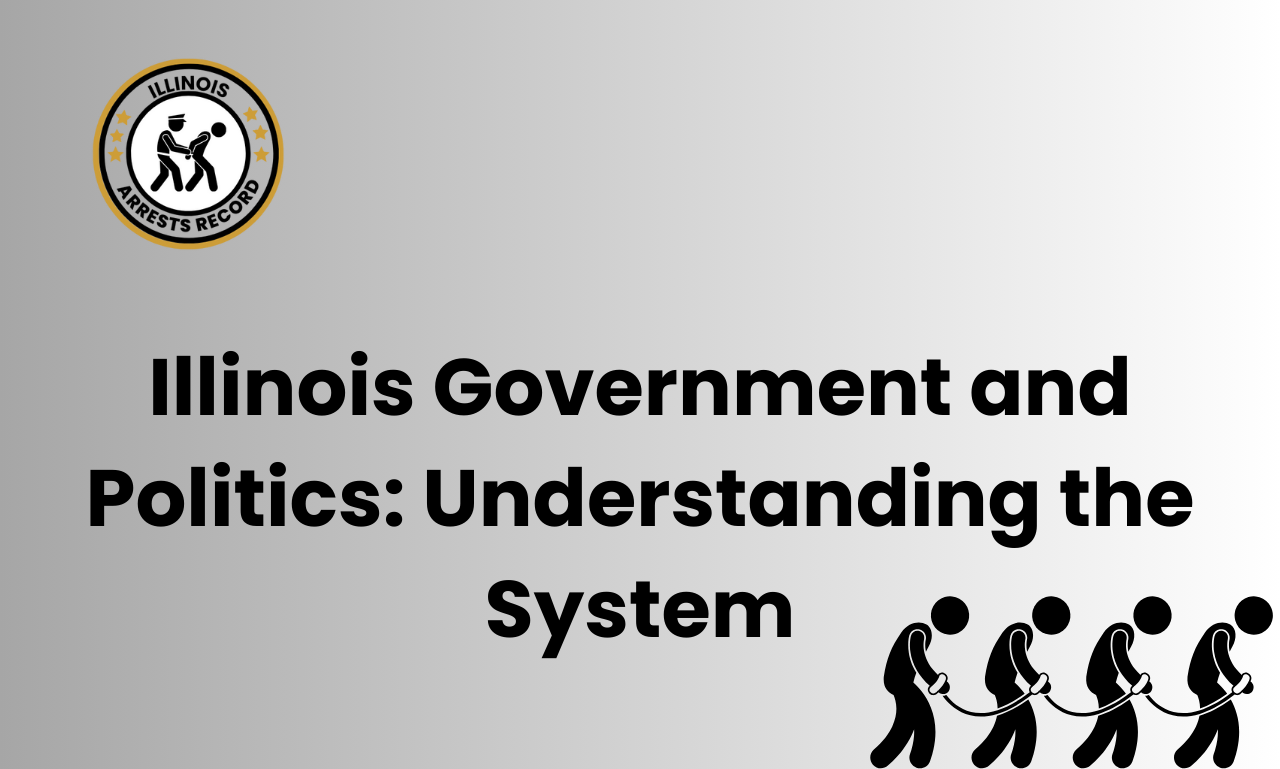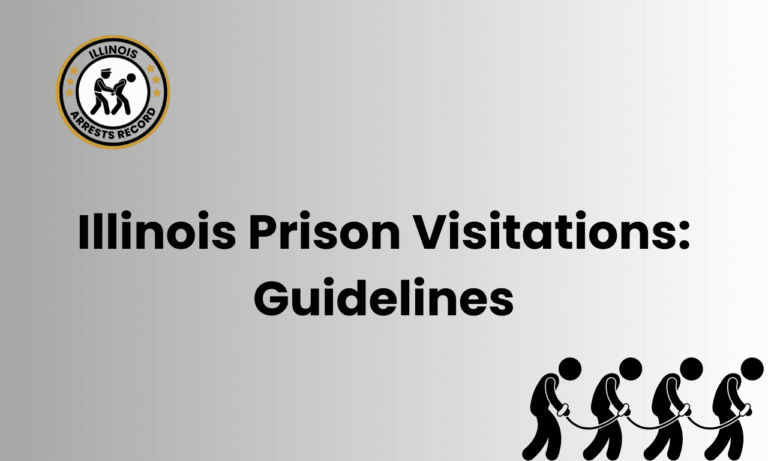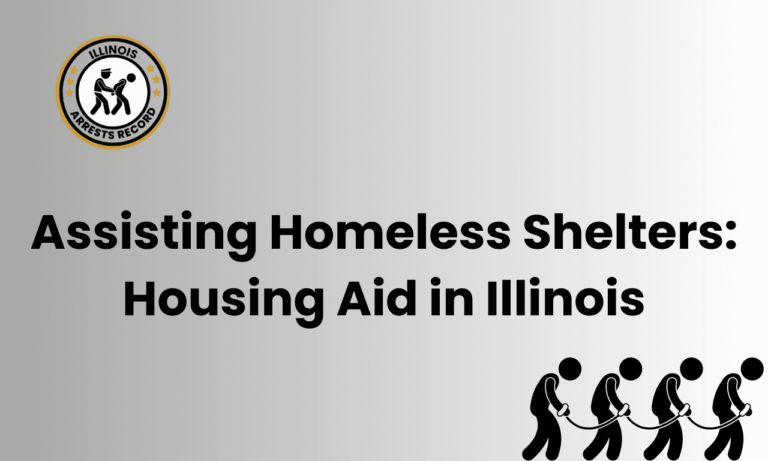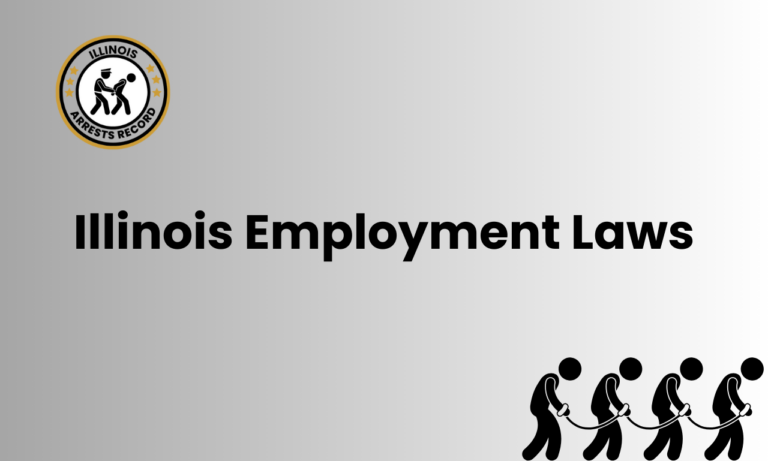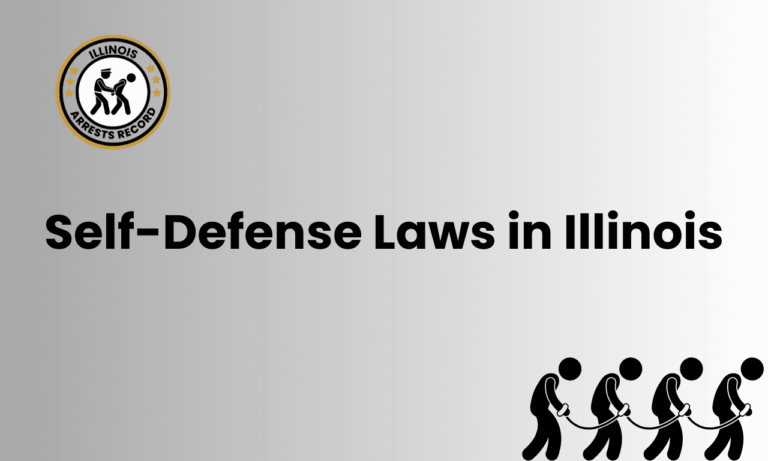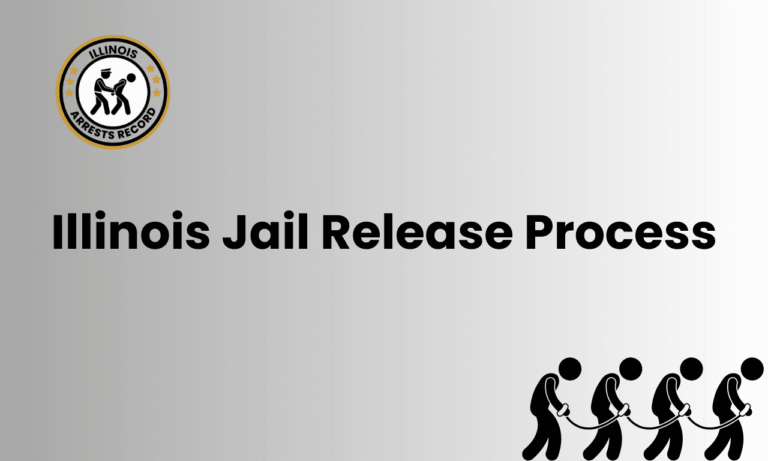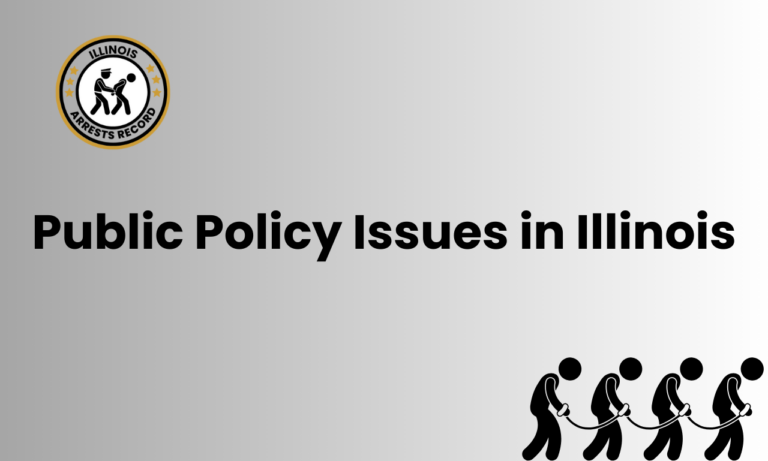Illinois Government and Politics: Understanding the System
Discover the inner workings of Illinois’ government and political system in this comprehensive guide. Whether you’re a student, a resident, or simply curious about how the state operates, this informative introduction will provide you with a solid foundation.
From the executive branch, led by the governor, to the legislative branch, composed of the House of Representatives and the Senate, we will delve into the key institutions that shape Illinois’ governance. Gain insight into the decision-making process and understand the roles and responsibilities of each branch.
Illinois Government: The Executive Branch
The executive branch of Illinois’ government is led by the governor, who serves as the state’s chief executive. This branch is responsible for implementing and enforcing laws, managing state agencies, and overseeing the day-to-day operations of the state.
The Governor’s Role and Responsibilities
The governor is elected by the people of Illinois and serves a four-year term. Their primary role is to represent the interests of the state and its citizens. The governor has the power to propose legislation, appoint individuals to various state positions, and veto bills passed by the legislature.
State Agencies and Departments
Within the executive branch, there are numerous state agencies and departments that focus on specific areas of governance. These agencies play a crucial role in implementing and enforcing policies, regulations, and programs that impact the lives of Illinois residents.
Illinois Government: The Legislative Branch
The legislative branch of Illinois’ government consists of two chambers: the House of Representatives and the Senate. Together, they are responsible for creating and passing laws that govern the state.
The House of Representatives
The House of Representatives is composed of 118 members who are elected to represent specific districts within the state. They are responsible for introducing and voting on legislation, representing the interests of their constituents, and serving on various committees to address specific issues.
The Senate
The Senate is made up of 59 members, with each senator representing a specific district. Similar to the House of Representatives, senators are responsible for proposing, debating, and voting on legislation. They also serve on committees and work to address the needs and concerns of their constituents.
Understanding the Decision-Making Process
Both the executive and legislative branches work together in the decision-making process. Bills are introduced and debated in either the House or the Senate, and if approved by both chambers, they are sent to the governor for consideration. The governor can then sign the bill into law or veto it.
Importance of Effective Governance
Effective governance is vital to the well-being and prosperity of Illinois. It ensures that policies and laws are created and implemented in a fair and equitable manner, addressing the needs and concerns of all residents. By understanding the roles and responsibilities of each branch, individuals can actively participate in the state’s political process and make informed decisions.
FAQ’s
The executive branch is one of the key institutions that shape Illinois’ governance. It is led by the governor, who is currently J.B. Pritzker. The executive branch is responsible for implementing and enforcing laws and policies.
The legislative branch in Illinois is composed of the House of Representatives and the Senate. These two chambers work together to create and pass laws. The House of Representatives has 118 members, while the Senate has 59 members.
What is the role of the governor in Illinois’ government?
The governor plays a crucial role in Illinois’ government. They are responsible for proposing and implementing policies, signing or vetoing bills, and overseeing the executive branch. The governor also represents the state at various events and works to address the needs and concerns of the citizens.
How are laws created and passed in Illinois?
Laws in Illinois are created and passed through a legislative process. A bill is introduced in either the House of Representatives or the Senate, where it goes through committee hearings, debates, and amendments. If the bill is approved by both chambers, it is sent to the governor for their signature or veto.
There are several ways to get involved in Illinois’ government and politics. You can start by staying informed about current issues and following political news. You can also participate in local community events, join advocacy groups, and attend public meetings. Additionally, you can contact your representatives and voice your opinions on various matters.
